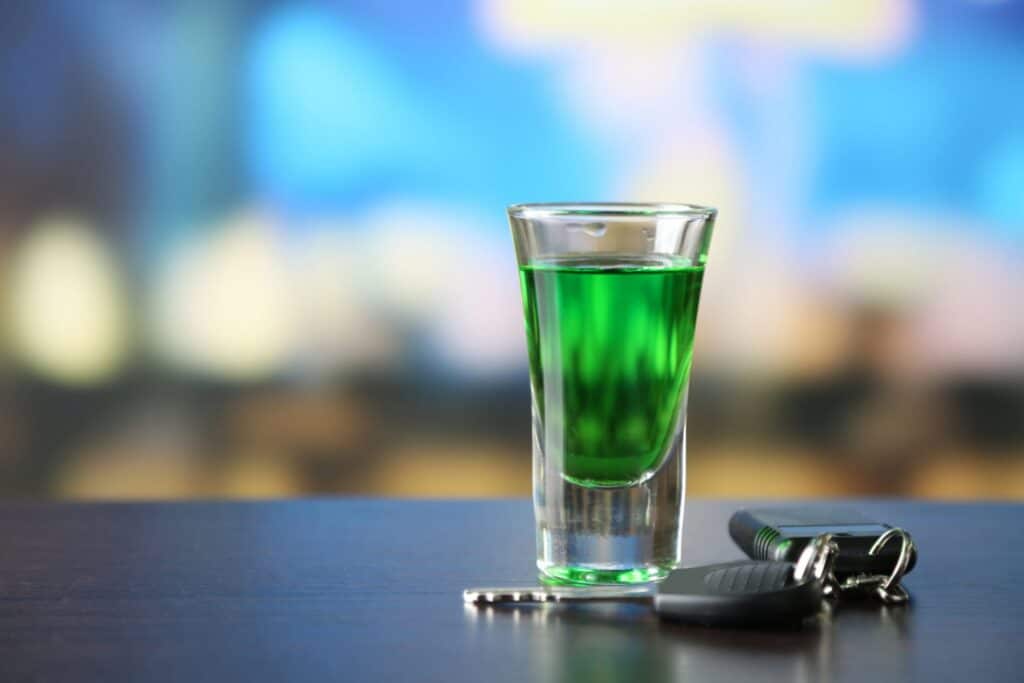A local Maine news station recently released a feature story about drugged driving in the state. While the story reveals some important information, the vast majority of it – including its key takeaway – is misleading or flat out wrong.
Local News Station Runs Story on Drugged Driving in Maine
WMTW8, a local news station in Maine that is based in Portland, ran a story that supposedly answered the question, “What Substances are Most Commonly Impairing Mainers on the Road?”
The point of the story was simple: In cases of operating under the influence (OUI) that did not involve alcohol, which drug was in play?
The story revealed a litany of what it presented as explosive facts:
- When a driver is over the legal limit for alcohol, he or she isn’t even tested for drugs.
- While 7,538 people were arrested for OUI in 2018, there were only 311 urine tests for drugs.
- Those 311 urine tests were down from 401 in 2017, due to a 7-month backlog in testing the urine samples.
- Those tests found that people were often under the influence of multiple drugs, providing a laundry list of the drugs found in the urine tests, from cocaine to fentanyl to THC to anxiety medication.
The moral of the story: Drugged drivers “could be next to you on the road.”
The problem of the story: It fails to comprehend even the basics of how drugs work or how they’re detected.
Most of the Story is Misleading or Simply Wrong
First, the low-hanging fruit in the article.
Regarding the lack of a drug test for drivers who have already been arrested for drunk driving, the reporter asked Lauren Stewart, the Director at the Bureau of Highway Safety, “So, we could be missing a huge group of people [who are under the influence]?”
Her response: “Yes.”
It should have been “no.” These drugged drivers aren’t being “missed.” They’ve already been arrested and charged for drunk driving. If they were then given a urine test and tested positive for drugs, as well, nothing would change.
By far the more important and more egregious flaw in the story is how it fails to grasp how drugs work.
The story relies on a stupefying “if-then” statement: If a urine test comes back positive for a substance, then that person was impaired by that substance at the time of the test.
This concept is flat out wrong. Urine tests come back “positive” for THC, the active ingredient in marijuana, for up to a month after it was ingested. The impairing effects of marijuana, of course, dissipate within a few hours.
For cocaine: Urine tests come back “positive” for up to four days after ingestion – well past the impairing effects of the drug have worn off.
These people who were arrested for being “under the influence of drugs” were taken into custody on Wednesday for using cocaine on Sunday and smoking marijuana a month ago. While the urine test says they’ve got drugs in their system, they’re currently as impaired as someone who has no detection of drugs in their system.
Maine OUI-Defense Lawyers at Maine Criminal Defense Group
As you can see, there are a lot of popular misconceptions about drugged driving that are being passed off as knowledge. If you have been accused of drugged driving, an The Maine Criminal Defense Group, OUI defense lawyer at Maine Criminal Defense Group will work to make sure the members of the jury are not misled. Contact Maine Criminal Defense Group online or call our Portland law office at (207) 571-8146.


